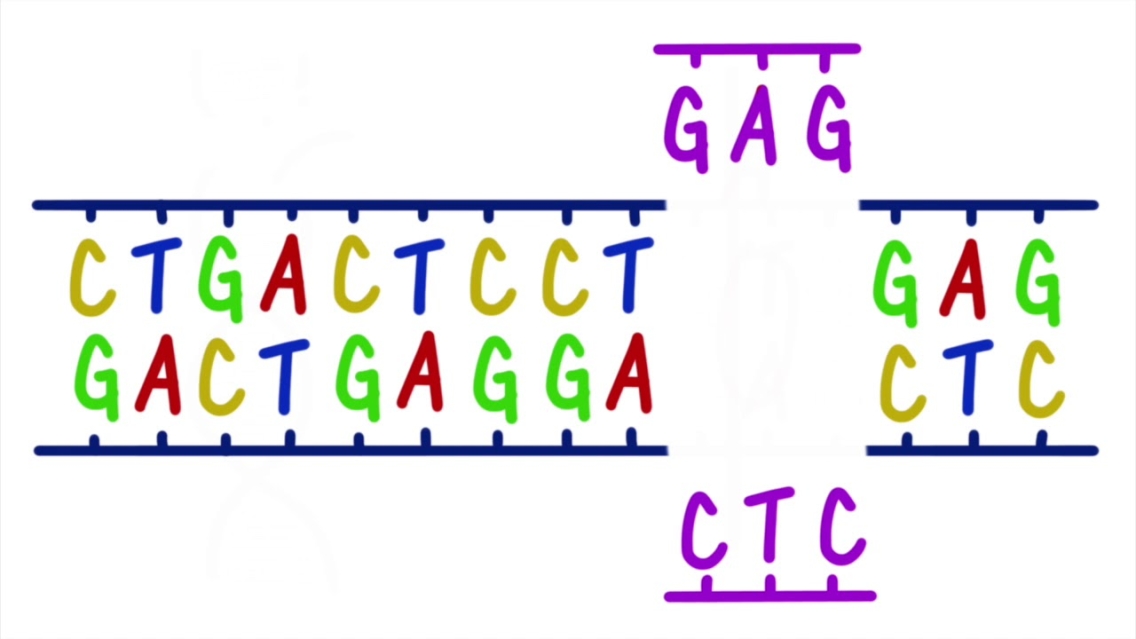Student Video, News Stories Explain Controversial Gene-Editing Technology (Video)
MIDDLEBURY, Vt. – Have you heard the term CRISPR? Maybe you have but aren’t sure why it’s significant. This spring Middlebury’s Lindsay Repka, assistant professor of chemistry and biochemistry, saw an opportunity for her students to help educate others about CRISPR, a gene-editing technology that is still fairly new but has the potential to have a major impact on humans and the earth’s ecosystem. Sharing what they had learned in the Addison Independent, Repka’s students wrote news stories published in the online and print editions. They also produced a video and audio interviews that the paper posted to its website.
“It’s really important that the general public has an understanding of CRISPR because of its power to change everything from how we treat diseases to how we modify the food we eat,” said Repka. “If a technology is going to affect the general public, the public should be involved in deciding how we’ll use it. Our objective was to bring the Addison County community into conversations about CRISPR.”
The 12 students in Repka’s class, Biochemistry of Macromolecules, surveyed campus and local community members to learn about the general public’s awarness of gene editing and their opinions about it. Based on information from the survey, they wrote the news stories and created the video below that uses art images and narration to explain, in an informative and understandable way, how this gene editing technology works. It also explores some of the issues society faces as we consider the roles CRISPR could play in the future.
Along with the video and stories, the Addison Independent published audio interviews the students produced with Danielle and Chase Goodrich of Goodrich Family Farm in Salisbury and Seth Ross of MoSe Farm in Orwell, and a Q&A interview with Ross Conrad of Dancing Bee Gardens in Middlebury to hear their perspectives on gene editing’s role in farming.
For More Information
Controversial Gene-editing Technology Could Improve Our World/Addison Independent


